A Comprehensive Overview of Blockchain Course
Our Blockchain Online Course is designed to provide in depth knowledge of blockchain technology through expert led. Our Blockchain Online Training equips you with the skills needed to excel in various domains such as finance, supply chain and cybersecurity Upon successful completion, participants earn a recognized Blockchain Certification Course, validating their expertise in blockchain development and implementation. Additionally we offer dedicated Blockchain Placement support, helping learners secure high paying roles in top companies Whether youre an aspiring blockchain developer a business professional or a technology enthusiast this course provides the knowledge and tools to leverage blockchain innovations effectively Enroll now in our comprehensive Blockchain Online Course and step into the future of decentralized technology with confidence!
Additional Info
Future Developments in Blockchain Course
- Decentralized Finance (DeFi) Education:
As blockchain continues to disrupt traditional financial systems, DeFi is emerging as a major trend. Training will increasingly focus on helping users understand decentralized applications (dApps), smart contracts & how they can participate in lending, borrowing and yield farming without intermediaries The focus will be on ensuring individuals can navigate these new financial services safely and effectively. Furthermore DeFi training will emphasize risk management strategies, helping users avoid common pitfalls in this rapidly evolving space.
- NFTs (Non-Fungible Tokens) and Digital Art:
The rise of NFTs in various sectors especially art, gaming and collectibles requires blockchain training to address how digital ownership works. Upcoming courses will delve into the creation, minting, trading and security of NFTs, empowering users to understand the legal & financial implications of owning and creating NFTs in a blockchain ecosystem. As this market continues to mature, understanding the environmental impact and sustainability of NFTs will also become an important focus in training programs.
- Blockchain for Supply Chain Management:
Blockchain’s ability to ensure transparency and traceability makes it ideal for supply chains. Future training will be focus on teaching professionals how blockchain can be implemented to track goods from origin to delivery. This will enhance operational efficiencies and prevent fraud in industries like pharmaceuticals, food safety, and luxury goods. The integration of IoT (Internet of Things) with blockchain will also be explored to provide real-time tracking and improve automation in supply chain processes.
- Interoperability Between Blockchains:
As multiple blockchain platforms emerge, training will increasingly focus on how these networks can interconnect and share information seamlessly Interoperability will be a key concept, allowing developers and businesses to build cross chain applications, facilitating a broader blockchain ecosystem where different platforms work together This will encourage the development of more complex, decentralized applications (dApps) that can leverage the strengths of multiple blockchain systems simultaneously.
- Smart Contract Security and Auditing:
Smart contracts automate and enforce blockchain transactions but can have vulnerabilities. As blockchain training matures, a strong emphasis will be placed on smart contract security Developers and auditors will be trained in identifying potential risks, conducting audits and ensuring that smart contracts are bug free and resistant to exploits With the growing adoption of smart contracts in sectors like finance and legal services this will become an indispensable skill for blockchain professionals.
- Blockchain in Healthcare:
The potential for blockchain to revolutionize healthcare by securely storing patient records will drive a surge in specialized training Blockchain can offer secure, interoperable solutions for patient data management, improving access and ensuring privacy. Professionals will be educated on implementing blockchain to create a more efficient secure healthcare ecosystem Training will also focus on how blockchain can enable the safe sharing of medical data between providers and patients enhancing patient care and reducing errors.
- Blockchain in Identity Management:
Blockchains decentralized nature makes it a ideal solution for managing digital identities Training programs will soon focus on how individuals and organizations can utilize blockchain to create secure verifiable digital identities. This will be essential in fields like online banking, government services and e-commerce ensuring privacy while simplifying identity verification. Additionally there will be an emphasis on the use of blockchain for self sovereign identities giving individuals greater control over their personal data.
- Blockchain for Governance and Voting Systems:
Blockchain can enhance the transparency & security of voting and governance systems Future training will focus on how blockchain can be used for secure elections, eliminating fraud and ensuring a tamper proof record of votes It will also explore how blockchain technology can reshape political governance by offering decentralized decision making processes This will be particularly important in regions with unstable political environments where blockchain could improve trust in electoral systems.
- Integration with Artificial Intelligence (AI):
The integration of blockchain and AI is a growing trend that will impact industries like finance, healthcare and logistics. Training will focus on how AI and blockchain can collaborate to automate processes, enhance decision-making, and provide transparent audit trails This fusion will enable new AI powered decentralized applications that are more secure and reliable Understanding how these technologies can drive efficiencies, reduce costs and create new business models will be key component of future blockchain training programs.
- Regulatory Frameworks and Compliance:
As blockchain adoption increases so does the need for comprehensive regulation. Training will emphasize the importance of understanding legal issues surrounding blockchain, including compliance with data protection laws (such as GDPR) and financial regulations This knowledge will be crucial for developers, businesses and legal professionals navigating the complex regulatory landscape of blockchain technology The evolving global regulatory environment will also be a focal point, requiring continuous updates and understanding of the shifting legal landscape.
Building Tools and Techniques with Blockchain Course
- Ethereum:
Ethereum is one of the most widely used blockchain platform for a developing decentralized applications (dApps) and smart contracts It provides a decentralized environment where developers can build applications that operate without intermediaries Ethereum also uses a unique cryptocurrency, Ether (ETH), to fuel transactions and incentivize participants Training in Ethereum involves understanding its consensus mechanism, smart contract development and decentralized finance integration As Ethereum transitions to Ethereum 2.0 mastering its new Proof of Stake protocol becomes essential for developers.
- Hyperledger Fabric:
Hyperledger Fabric is a open source blockchain framework designed for enterprise applications. It provides a modular architecture that allow businesses to create permissioned blockchains, enhancing privacy and scalability. The platform supports multiple consensus algorithms, making it flexible for different use cases such as supply chain management and financial services Blockchain training in Hyperledger Fabric focuses on building and deploying private networks with high levels of confidentiality and performance It also includes learning how to use its tools like Chaincode for smart contract development.
- Solidity:
Solidity is most popular programming language for writing smart contract on Ethereum blockchain It is a statically typed language, designed specifically to create decentralized applications and execute smart contracts. Understanding Solidity is crucial for blockchain developers who wish to create dApps as it allows them to define the rules of the system that will run on the blockchain Training in Solidity covers aspects such as data structures, gas optimization, and handling user inputs. Knowledge of Solidity is essential to avoid costly bugs and vulnerabilities in smart contract code.
- Truffle Suite:
Truffle Suite is comprehensive development environment, testing framework and asset pipeline for blockchain using Ethereum. It helps developers build, test, and deploy smart contracts more efficiently with tools like Truffle, Ganache and Drizzle. Truffles testing suite allows developers to test smart contracts in controlled environment before deploying them to the blockchain. Training in Truffle includes learning how to automate the deployment process and use its built in debugging features Its an essential tool for blockchain professionals looking to streamline smart contract development.
- Ganache:
Ganache is personal blockchain for Ethereum development that allows developers to deploy contracts, develop applications and run tests in a controlled environment. It is part of the Truffle Suite and provides a quick way to test smart contracts on a private blockchain, simulating real-world transactions. Ganache allows users to control blockchain parameters such as block time and gas limits, providing a sandbox for experimentation Blockchain training with Ganache includes hands on lessons on creating and testing smart contracts, managing accounts and simulating transactions without incurring real costs.
- Metamask:
Metamask is a browser extension wallet that acts as bridge between regular browsers and the Ethereum blockchain. It allows users to store, send & receive Ether and ERC-20 tokens directly from their browser. Metamask is widely used for interacting with decentralized applications (dApps) and smart contracts Blockchain training on Metamask includes teaching users how to set up wallets, manage keys and use the extension for interacting with decentralized finance (DeFi) platforms Its an essential tool for those working with Ethereum-based dApps or NFT projects.
- Corda:
Corda is permissioned blockchain platform designed specifically for financial services. Unlike traditional blockchains Corda does not have a global consensus on all transactions but only for those parties involved This allows for greater privacy and scalability making it ideal for enterprise solutions Cordas training focuses on its unique architecture and how to create and deploy applications in regulated industries Its particularly valuable for professionals working in sectors like banking, insurance and healthcare where privacy and compliance are paramount.
- IPFS (InterPlanetary File System):
IPFS is decentralized file storage system that allows data to be stored across a peer-to-peer network. It addresses scalability and performance issues by eliminating centralized storage, making it ideal for storing large amounts of data in a blockchain ecosystem Blockchain training with IPFS focuses on understanding how it works with blockchain to store files securely and access them efficiently It plays a significant role in decentralized applications (dApps) where storing data on chain is impractical due to high costs It is particularly useful for managing digital content like NFTs, medical records and supply chain data.
- Chainlink:
Chainlink is decentralized oracle network that enables smart contracts to securely interact with real-world data. Oracles play critical role in bridging the gap between blockchain networks and external systems such as APIs data feeds and IoT devices Blockchain training in Chainlink focuses on how to integrate external data sources with smart contracts, enhancing the functionality of decentralized applications It is particularly useful for use cases like decentralized finance where reliable external data like market prices and weather forecasts are needed for smart contract execution.
- Polkadot:
Polkadot is a next generation blockchain protocol that enables different blockchains to interoperate & share information. It solves the problem of scalability and isolation of blockchains by allowing them to communicate within a single ecosystem. Training in Polkadot includes learning about its unique parachain architecture, consensus mechanisms and governance model Developers will gain insights into how Polkadots interoperability can enhance cross chain functionality and allow decentralized applications to leverage the capabilities of multiple blockchains Its a key tool for future proofing blockchain projects that require flexibility and scalability.
Essential Roles and Responsibilities of a Blockchain Course
- Blockchain Developer:
Blockchain developer are responsible for designing, coding and deploying blockchain solutions. They write smart contracts, create decentralized applications (dApps) and ensure that the blockchain systems are secure and scalable Their role involves understanding various blockchain platforms like Ethereum, Hyperledger and Corda They are also tasked with optimizing blockchain performance and solving technical issues that may arise during development Blockchain developer training focuses on programming languages like Solidity, Rust and Go as well as deep knowledge of blockchain protocols.
- Blockchain Architect:
Blockchain architect design the overall structure and framework of blockchain systems, ensuring that they meet business needs and technical requirements. They focus on scalability, security and the integration of blockchain with existing IT infrastructure Architects play a key role in selecting appropriate blockchain platforms and tools ensuring that the design is both robust and future proof. Their responsibilities also include defining governance models and establishing consensus protocols Training for blockchain architects focuses on blockchain scalability, cryptography and understanding different consensus algorithms.
- Blockchain Project Manager:
Blockchain project managers oversee the planning, execution & delivery of blockchain based projects They coordinate teams, manage resources and ensure that projects meet deadlines and stay within budget Their role involves risk management, client communication, and aligning blockchain solutions with business goals They also ensure compliance with the legal and regulatory requirements Blockchain project manager training focuses on agile methodologies, project lifecycle management and blockchain specific challenges such as security and scalability.
- Blockchain Consultant:
Blockchain consultants provide expert advice on how blockchain technology can be used to solve business problems. They assess client needs, recommend appropriate blockchain solutions and guide the implementation process Consultants must stay updated on emerging blockchain trends and best practices while offering tailored solutions to clients across industries Their responsibility also includes training teams and offering strategic advice on blockchain adoption Blockchain consultant training focuses on the broader blockchain ecosystem, regulatory challenges and industry specific applications.
- Blockchain Security Expert:
Blockchain security experts focus on ensuring the security of blockchain applications and networks They analyze smart contract vulnerabilities, review the security protocols of blockchain platforms and perform audits to identify potential risks Their responsibilities include identifying flaws in the consensus mechanism, ensuring data integrity and securing decentralized networks from attacks Security experts also educate organizations on best practices in blockchain security Blockchain security training covers cryptographic techniques, smart contract audits and intrusion detection methods.
- Blockchain Quality Assurance Engineer:
Blockchain QA engineers are responsible for the testing blockchain based systems to ensure they function as expected They design test cases for smart contracts, decentralized applications (dApps) and blockchain platforms identifying bugs and vulnerabilities before deployment. Their role involves conducting performance, load and security tests to ensure the system's reliability QA engineers also collaborate with developers to create continuous testing pipelines for blockchain applications Blockchain QA training focuses on automated testing tools, performance testing and security best practices.
- Blockchain Legal Advisor:
Blockchain legal advisors ensure that blockchain projects comply with legal and regulatory frameworks They review contracts, ensure data protection compliance and advise on intellectual property rights related to blockchain solutions. Legal advisors also assist with the creation of smart contracts ensuring they are legally enforceable. Their role involves staying updated on local and international laws surrounding blockchain technology, such as GDPR, KYC and anti money laundering (AML) regulations. Blockchain legal training includes regulatory knowledge, contract law and compliance challenges.
- Blockchain Business Analyst:
Blockchain business analysts act as intermediaries between technical teams and business stakeholders They analyze how blockchain can be integrated into business operations, identifying opportunities for automation and cost reduction They define requirements assess the potential impact of blockchain solutions and help prioritize features based on business needs Their role also includes measuring the effectiveness of implemented blockchain solutions and recommending optimizations Blockchain business analyst training focuses on understanding business processes, blockchain use cases and ROI assessment.
- Blockchain Product Manager:
Blockchain product managers oversee the development of blockchain products from ideation to launch. They define product vision, roadmaps and ensure that the product meets user requirements while aligning with business goals Product managers work closely with development teams, providing feedback on features, timelines and market readiness Their role also includes managing stakeholder relationships and ensuring that the blockchain product delivers value to the market Blockchain product manager training emphasizes market analysis, product lifecycle and how blockchain technology fits into the overall product strategy.
- Blockchain Trainer/Educator:
Blockchain trainers or educators are responsible for developing and delivering blockchain related training programs They design courses, workshops and educational materials to help students, professionals and organizations understand blockchain concepts and technologies. Trainers also keep themselves updated on the latest blockchain trends and innovations to deliver relevant and up to date content. Their role includes hands on exercises, certification programs and helping learners apply blockchain theory in practical scenarios Blockchain trainer training includes curriculum design, teaching methodologies and keeping up with evolving blockchain technologies.
Top Companies Are Hiring Blockchain Professionals
- IBM:
IBM is a global leader in blockchain innovation leveraging the technology to transform industries such as supply chain, finance and healthcare The company has developed its own blockchain platform, IBM Blockchain designed to offer businesses secure and transparent solutions. IBM seeks blockchain professionals to work on its enterprise solutions, helping organizations streamline operations with decentralized technologies. Their blockchain team also focuses on developing smart contracts, ensuring network security and integrating blockchain into existing infrastructures IBM values professionals who are adept in Hyperledger, Ethereum, and consensus protocols.
- Accenture:
Accenture is global consulting firm that has been at the forefront of blockchain adoption for enterprise solutions The company works with the clients to implement blockchain technology across various industries, such as financial services, supply chains and healthcare. Accenture looks for blockchain professionals with expertise in smart contracts, decentralized applications (dApps) and blockchain frameworks like Ethereum and Hyperledger They value individuals who can bridge the gap between technical implementation & business strategy. Blockchain professionals at Accenture are tasked with driving innovation, improving business processes, and delivering scalable blockchain solutions.
- Microsoft:
Microsoft is a key player in the blockchain space, particularly with its Azure Blockchain Service which provides cloud-based blockchain solutions for businesses. The company’s blockchain initiatives include creating decentralized applications, enhancing cloud security, and integrating blockchain into Microsoft products like Dynamics 365. Microsoft hires blockchain professionals to design and deploy blockchain applications, integrate AI and build secure smart contracts. They value candidates skilled in Ethereum, Hyperledger and various blockchain development tools. Working at Microsoft provides an opportunity to collaborate on cutting edge technology in rapidly evolving blockchain ecosystem.
- Blockchain.com:
Blockchain.com is a leading cryptocurrency wallet and exchange platform, known for its pioneering role in the blockchain and crypto space. The company seeks blockchain professionals to help maintain its digital wallet services, develop new blockchain solutions, and ensure security across its platforms. As one of the most recognized names in the crypto industry, Blockchain.com hires experts in cryptography, smart contracts, and blockchain development to improve user experience and transaction security. Their blockchain teams work on decentralized finance (DeFi) solutions, cryptocurrency wallets, and blockchain analytics. The company values candidates with a strong understanding of both blockchain development and cryptocurrency markets.
- Chainalysis:
Chainalysis is leading blockchain analytics company that helps businesses and governments track, analyze, and secure digital assets. The company’s services provide insights into cryptocurrency transactions, aiding in compliance, fraud prevention and anti money laundering. Chainalysis seeks blockchain professionals with expertise in data analysis, cryptography and smart contract auditing to support its mission. They focus on hiring professionals who can work on blockchain data platforms and provide critical insights to financial institutions and law enforcement agencies Chainalysis values individuals with strong problem solving skills and a passion for blockchain technologys impact on the global economy.
- Coinbase:
Coinbase is one of largest cryptocurrency exchange globally, allowing users to buy, sell & trade digital currencies The company continually expands its blockchain and crypto related services, seeking blockchain professionals for roles in product development, security, and market expansion. Coinbase hires professionals who are experienced in blockchain development, with a focus on security protocols, crypto wallets, and smart contract security. The company is also expanding its blockchain-based offerings like staking and decentralized finance (DeFi) services. Blockchain professionals at Coinbase work on improving crypto ecosystem accessibility, security, and performance.
- Amazon Web Services (AWS):
Amazon Web Services offers a suite of blockchain services including Amazon Managed Blockchain which allows businesses to create & manage scalable blockchain networks AWS is actively looking for blockchain professionals to help customers build decentralized applications, implement distributed ledger technology and optimize cloud-based blockchain services. Roles at AWS include blockchain engineers, solutions architects and consultants specializing in various blockchain protocols like Ethereum and Hyperledger AWS professionals work to ensure blockchain solutions are secure, scalable and integrate seamlessly with other cloud services AWS provides a unique opportunity for blockchain professionals to work at the intersection of cloud computing and decentralized technology.
- Ripple Labs:
Ripple Labs is a blockchain technology company known for its cryptocurrency, XRP and its focus on transforming global payments and cross border transactions Ripple Labs hires blockchain professionals to develop and enhance its payment solutions which are designed to be fast, secure, and cost-effective. Blockchain professionals at Ripple work on implementing RippleNet a decentralized network that facilitates seamless international payments Ripple seeks experts in consensus algorithms, smart contracts and digital asset infrastructure The company values individuals who can innovate and help scale blockchain technology to the global financial services market.
- Ethereum Foundation:
The Ethereum Foundation is the organization behind Ethereum one of the most popular and widely adopted blockchain platforms The foundation actively seeks blockchain developers to help advance Ethereums protocol, build decentralized applications and contribute to the Ethereum ecosystem. Professionals at the Ethereum Foundation work on research, development, and community-building efforts surrounding Ethereum’s Proof of Stake transition, smart contract enhancements, and scalability solutions. Ethereum professionals are also involved in contributing to open-source projects and supporting global blockchain adoption The foundation is ideal for those passionate about the future of decentralized systems and blockchain technology.
- Visa:
Visa a global payments leader is actively exploring blockchain technology to enhance its digital payment solutions. Visa has been involved in several blockchain initiatives including creating a blockchain based payment network and exploring cryptocurrency related services Visa hires blockchain professionals to work on innovative payment systems, security protocols and the development of decentralized financ applications. These professionals work on integrating blockchain with Visa’s existing infrastructure to streamline cross border payments and reduce transaction costs Visa values professionals who can work with cutting edge blockchain solutions to improve payment systems and global financial services.
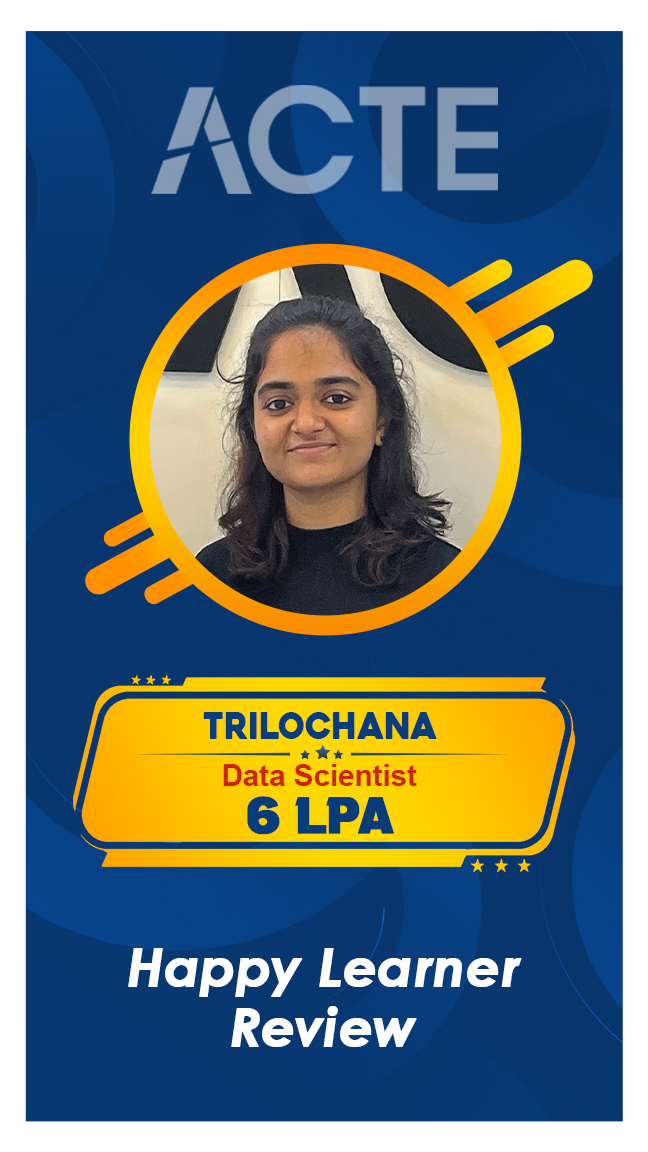
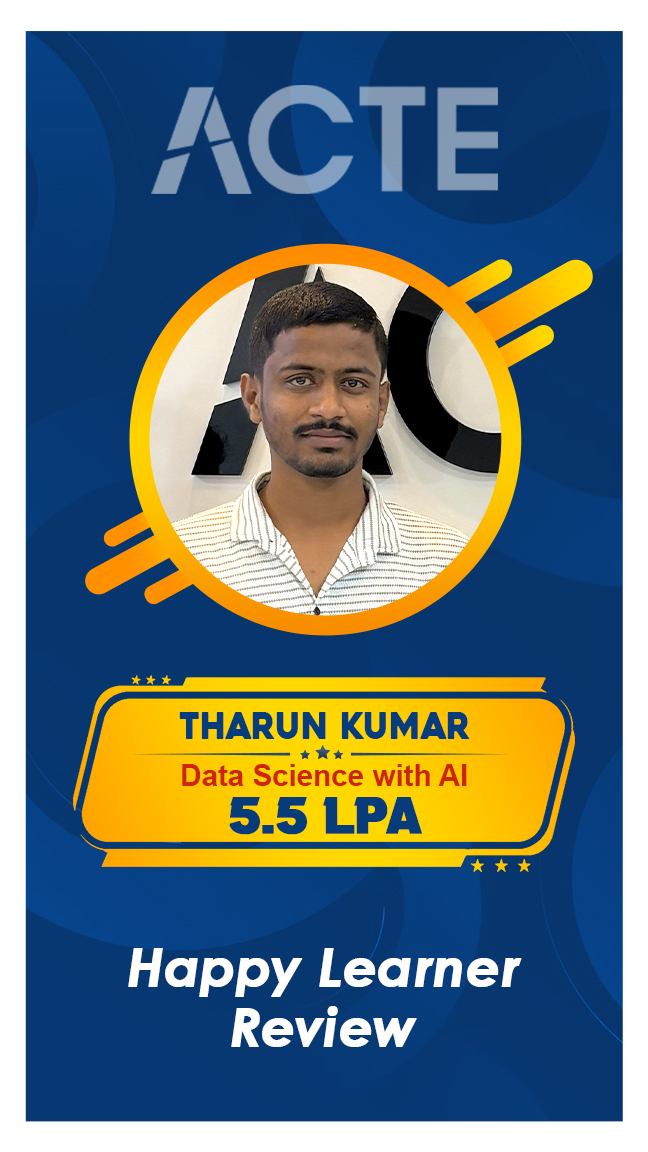
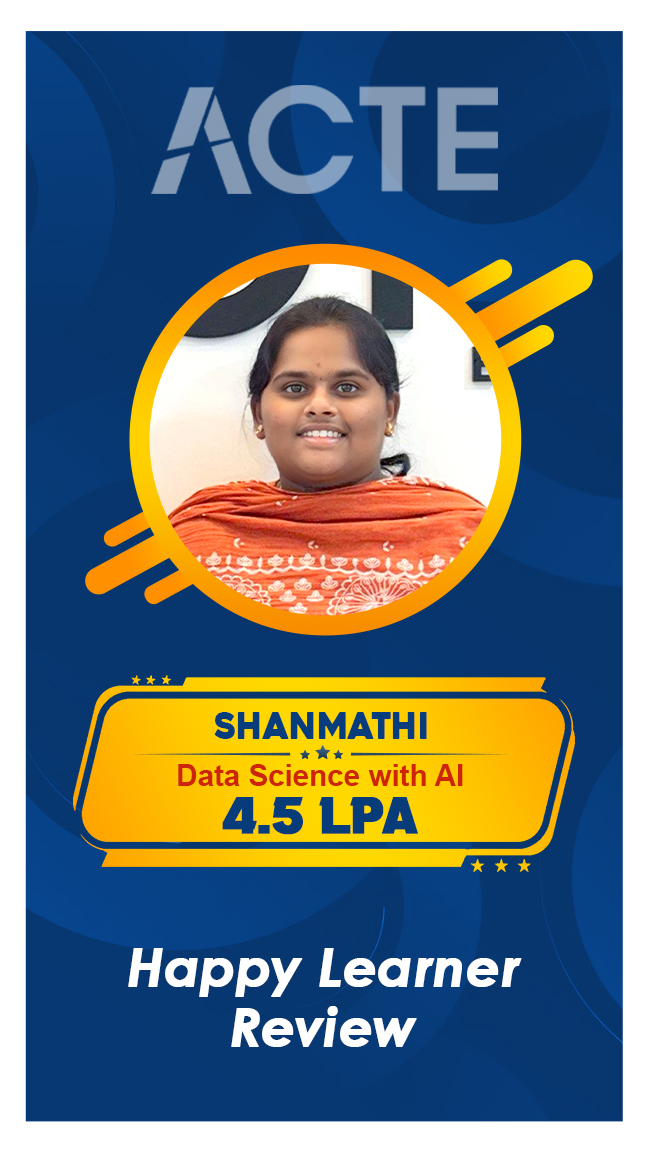
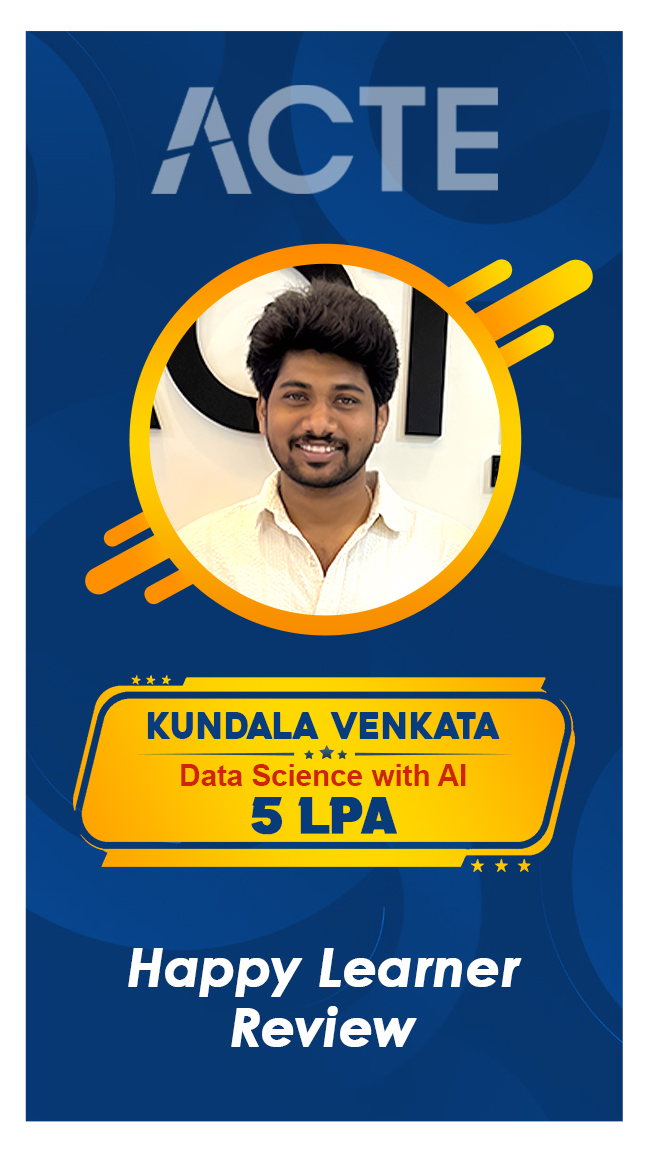
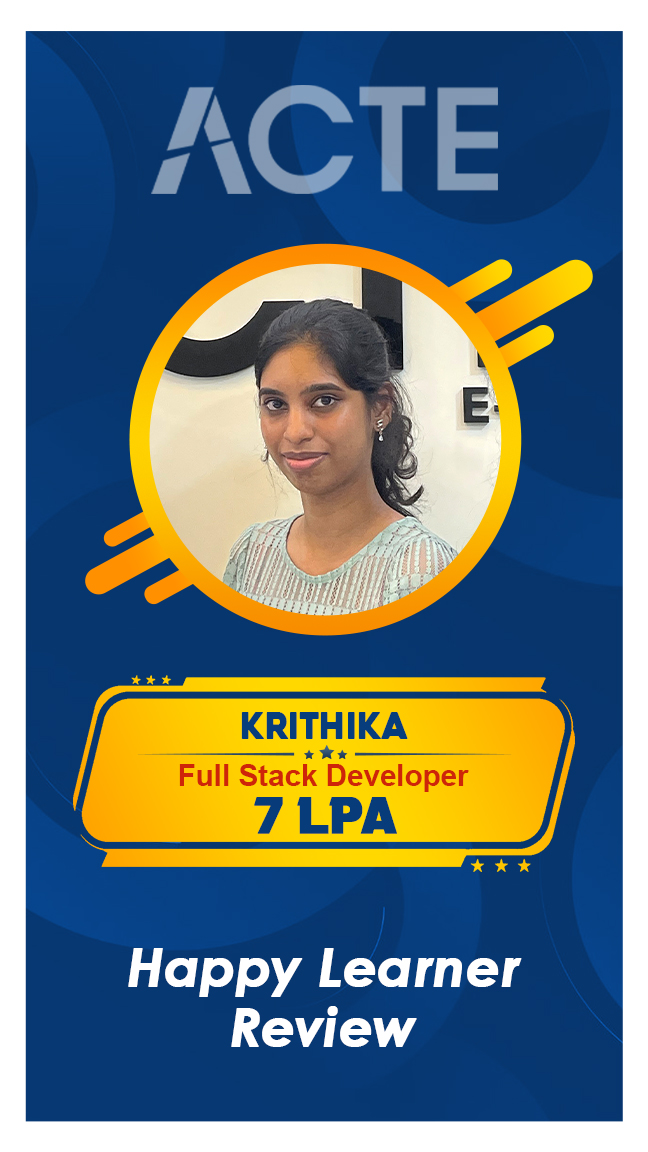
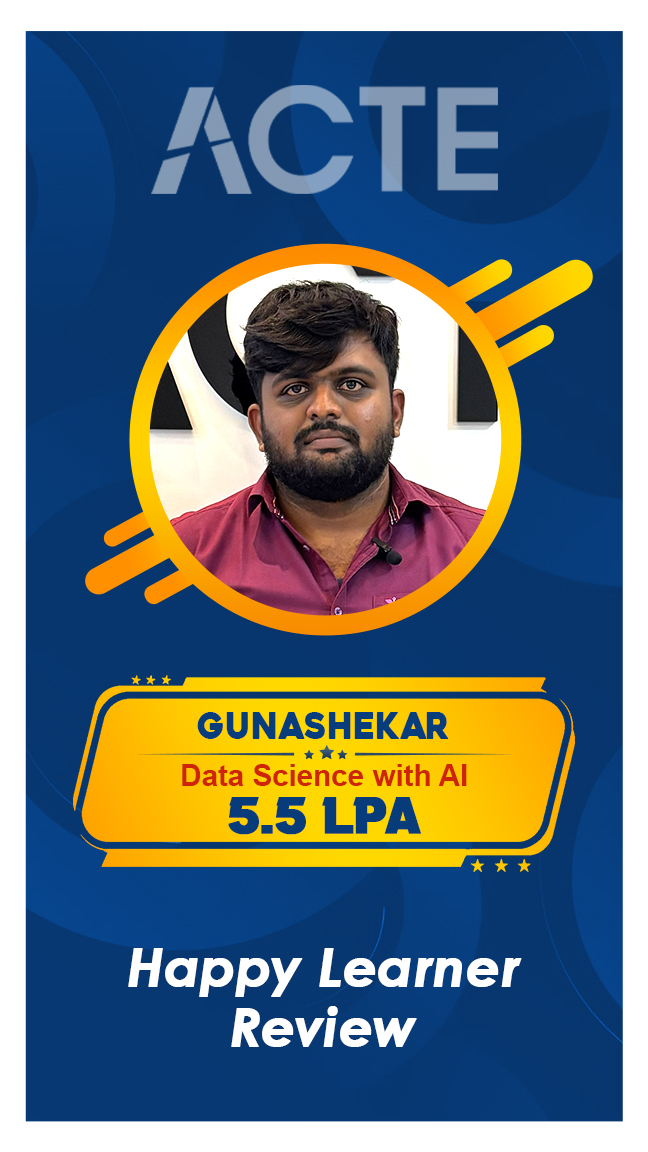
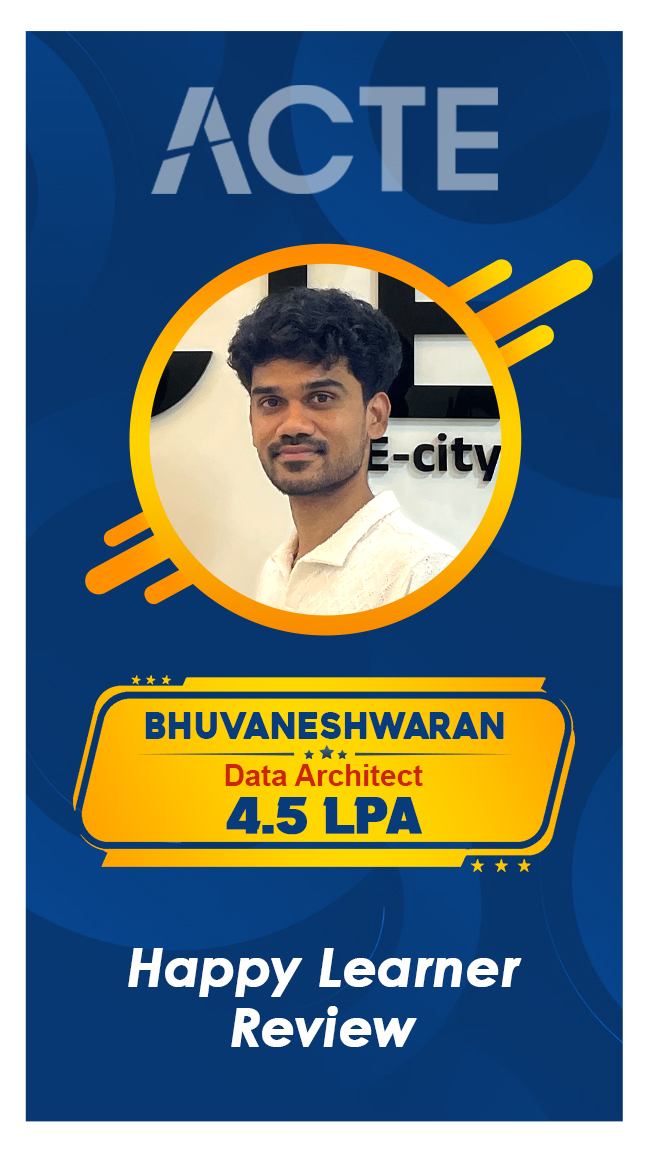


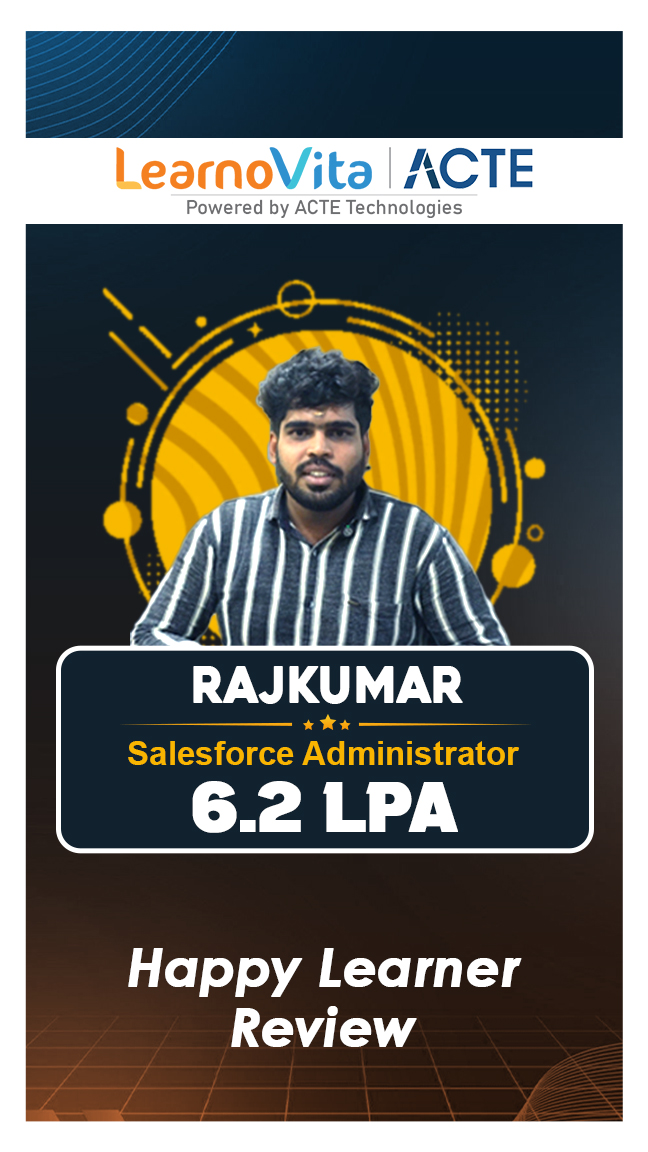
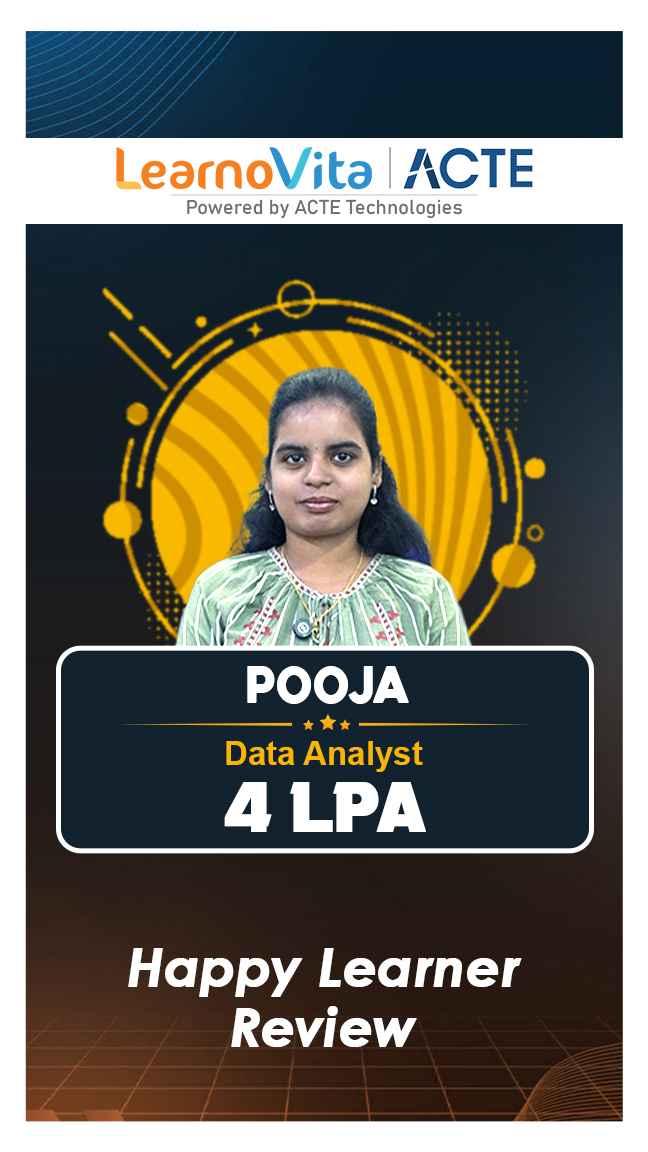
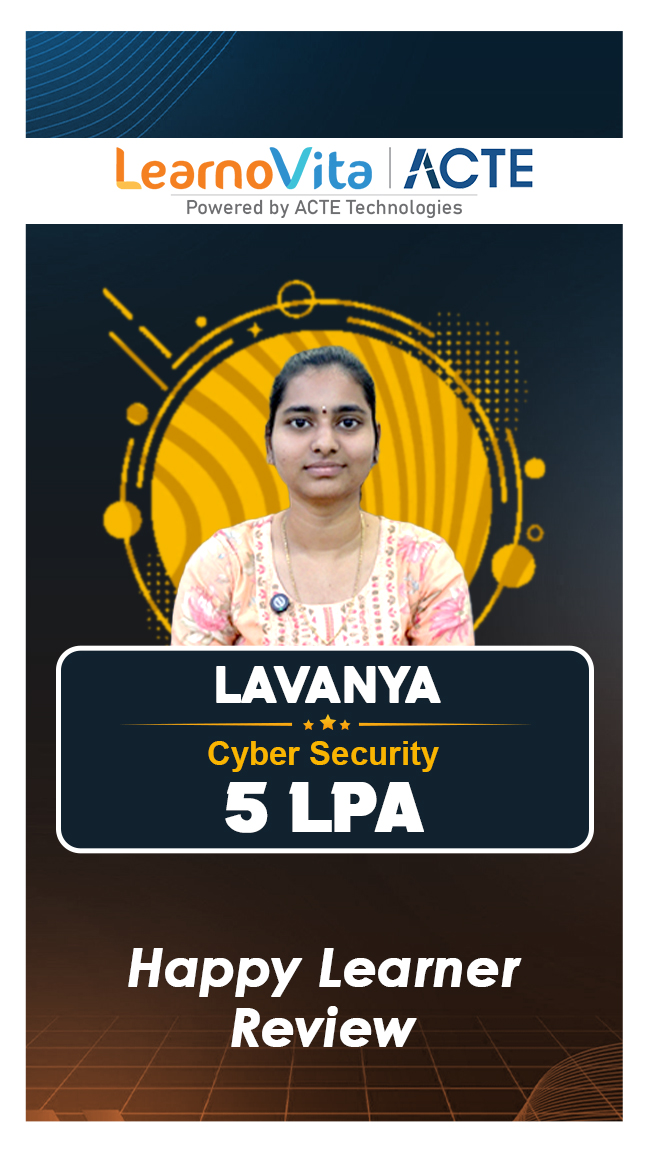
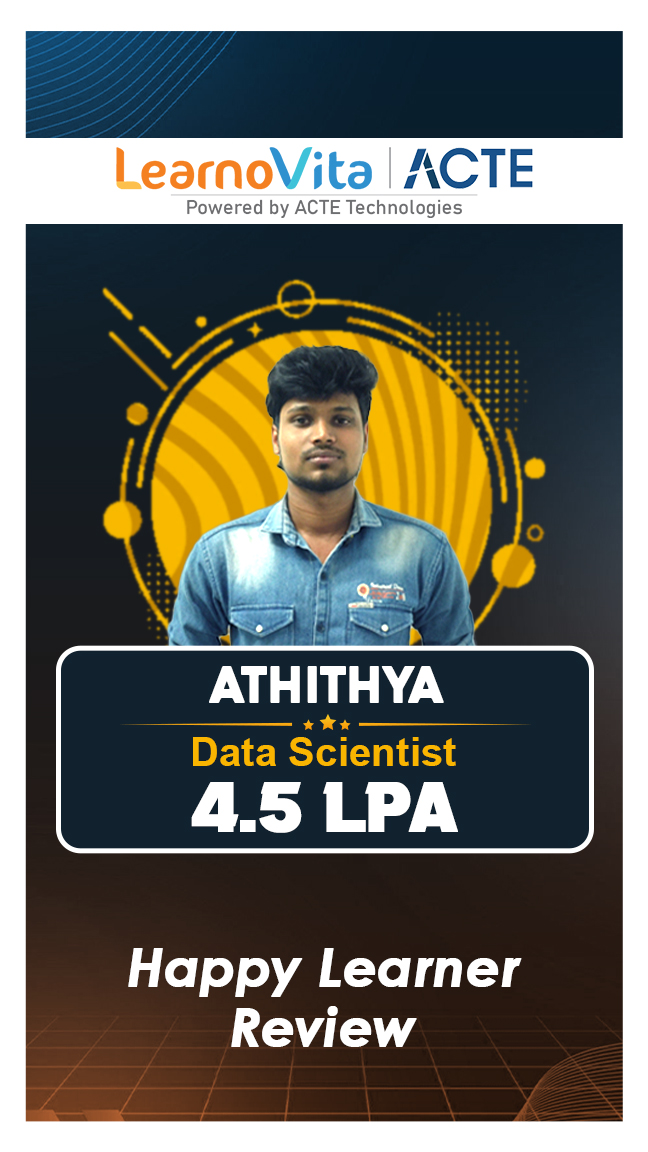






 Fees Starts From
Fees Starts From



















 Regular 1:1 Mentorship From Industry Experts
Regular 1:1 Mentorship From Industry Experts




